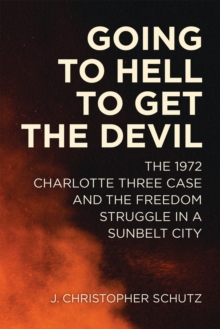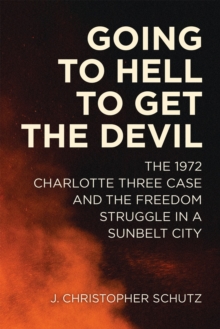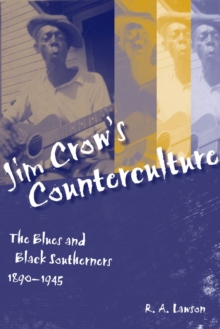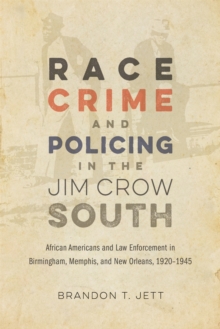
Southern Modernist : Arthur Raper from the New Deal to the Cold War Hardback
by Louis Mazzari
Part of the Making the Modern South series
Hardback
- Information
Description
Louis Mazzari brings to the fore one of the most important figures of the southern regionalist movement in the New Deal era.
His is the first biography of Arthur Raper, a progressive sociologist, writer, and public intellectual who advocated racial and social justice in the South when such views were not only unpopular but dangerous, effectively laying a foundation for the civil rights movement of the 1950s and 1960s.Raper was one of the first white southern scholars to speak out against lynching, sharecropping, and tenant farming in his pioneering and highly influential books The Tragedy of Lynching (1933), Preface to Peasantry (1936), Sharecroppers All (1941), and Tenants of the Almighty (1943).
He also contributed significantly to Gunnar Myrdal's important study of U.S. race relations, An American Dilemma (1944). Mazzari carefully dissects Raper's works, casting them in a larger historical context and examining both the acclaim and anger they elicited in the South.
He portrays Raper as a political and social radical fighting against southern racial and economic problems during the country's transition from an agrarian culture to a modern one, in an effort to keep the region from falling even further behind in an increasingly sophisticated world.
Hostility toward his beliefs eventually led Raper to leave the South.
He worked on the reconstruction of Japan after World War II and in Asia, Africa, and the Middle East at the height of the Cold War, promoting the same mix of federal planning and local control he had practiced in the New Deal South.
In the life of Arthur Raper, Mazzari locates a larger story of liberalism in the white South.
Raised on a North Carolina tobacco farm and educated at Chapel Hill under Howard Odum, Raper was remarkable for taking up issues of race and class to advocate modern views in a part of the world where adherence to the past was almost pathological -- and then going on to advance a liberal modernist version of Jeffersonian democracy throughout the Third World.
He looked critically at the causes of racial violence and successfully conveyed scientific sociology into broad circulation through mass culture.
Information
-
Out of Stock - We are unable to provide an estimated availability date for this product
- Format:Hardback
- Pages:416 pages
- Publisher:Louisiana State University Press
- Publication Date:30/12/2006
- Category:
- ISBN:9780807131893
Information
-
Out of Stock - We are unable to provide an estimated availability date for this product
- Format:Hardback
- Pages:416 pages
- Publisher:Louisiana State University Press
- Publication Date:30/12/2006
- Category:
- ISBN:9780807131893



